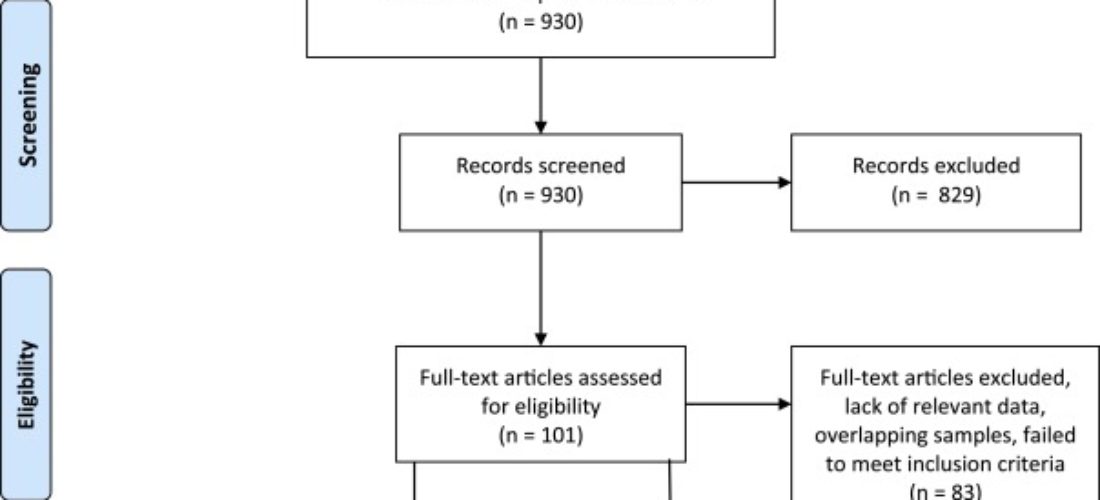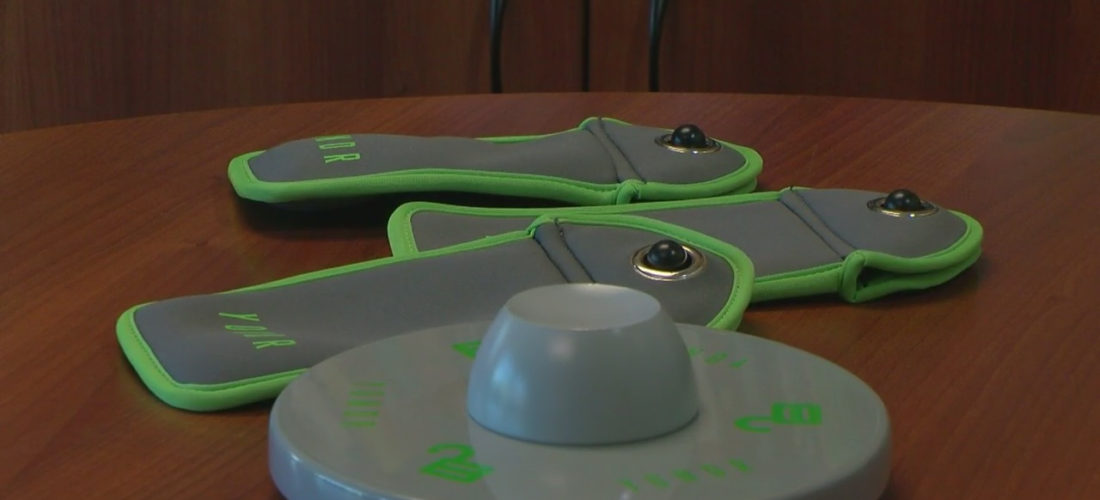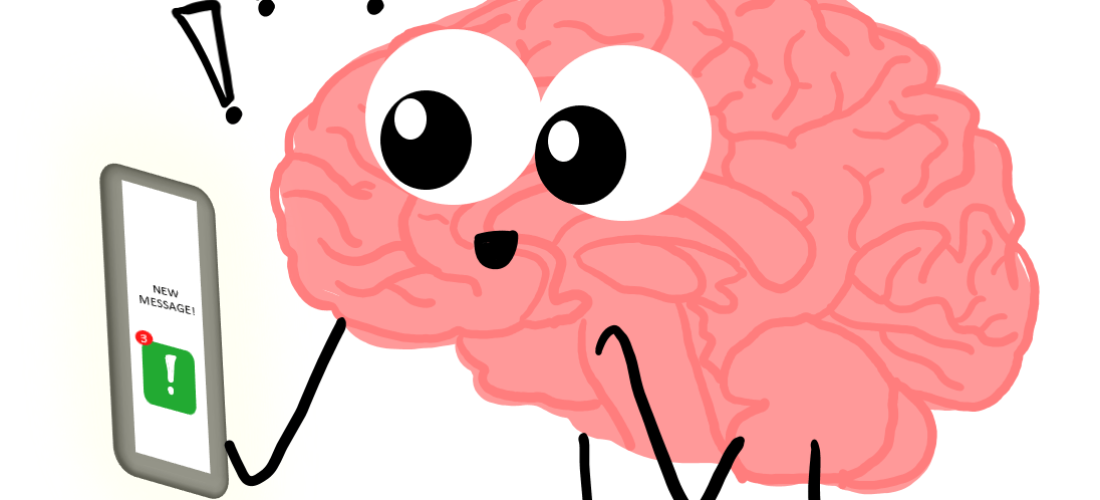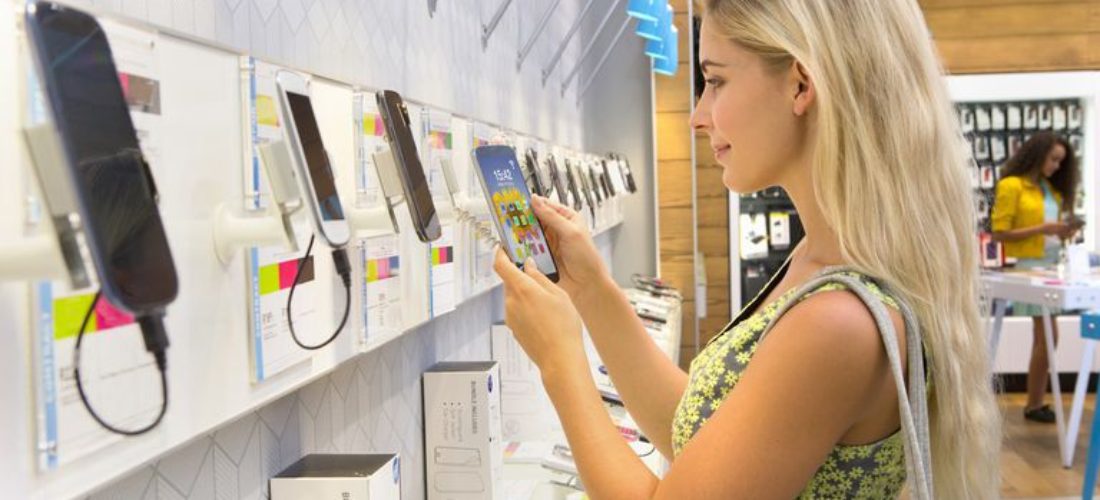Abstract Purpose The objective of this meta-analysis was to provide a synthesis of studies examining the prevalence of unwanted online exposure and solicitation of a sexual nature among youth, and to determine if prevalence varies by youth age, gender, year of study data collection, or study geographical location.
A teacher at C.A. Johnson High School said she was attacked after taking a student’s cellphone away during class because he was listening to music on it. Lingering after others had left, the 16-year-old student grew irate, yelling, “I’m not leaving without my (expletive) phone!” The teacher, who had […]
PARIS (Reuters) – France’s phone-addicted children will be obliged to do without their mobile devices at school under a bill the education minister on Thursday called a “detox measure” to combat classroom distraction and bullying.
Click here to view original source France hangs up: new bill would ban cell phones at school
EDINA, Minn. (WCCO) — Students at one Twin Cities middle school are putting their phones away during the school day. It’s part of a pilot program for eighth graders at South View Middle School in Edina. It’s in an effort to help students understand how potentially addictive smart technology […]
Click here to view original source Edina Middle School Tries ‘No Cell From Bell To Bell’ Program
“..positive social stimuli will similarly result in a release of dopamine, reinforcing whatever behavior preceded it. Cognitive neuroscientists have shown that rewarding social stimuli—laughing faces, positive recognition by our peers, messages from loved ones—activate the same dopaminergic reward pathways. Smartphones have provided us with a virtually unlimited supply of social stimuli, both positive and negative. Every notification, whether it’s a text message, a “like” on Instagram, or a Facebook notification, has the potential to be a positive social stimulus and dopamine influx.”
Click here to view original source Dopamine, Smartphones & You: A battle for your time
A smartphone is a cellphone with advanced features, so the two terms aren’t interchangeable, even if people sometimes use them that way. Technically, a smartphone is a cellphone, but a cellphone is not smart. Think of a smartphone as a miniature computer that can place and receive calls. Most […]
Click here to view original source How Are Cellphones Different From Smartphones?
(Reuters Health) – Getting teens to put down their phones when they get behind the wheel is no easy task, but a small study suggests that parents may have more luck when they offer cash rewards. Researchers examined data from an online survey of 152 teens who owned smartphones […]
Abstract Research investigating the various mental, physical, and social effects of smartphone use has proliferated in the previous decade. Two variables of interest in this literature are the levels of anxiety and stress associated with smartphone use. The current meta-analysis aimed to provide the first quantitative review of this […]
The present study examined the relation between sensation seeking and adolescent smartphone addiction, and tested both the moderating roles of perceived social support and depression on the […]
..researchers found that the addicted teenagers showed more signs and indications of depression, anxiety, insomnia, and impulsivity, according to Dr. Seo. One chemical the researchers looked for changes in before and after the cognitive behavioral therapy was gamma aminobutyric acid (GABA). GABA is a neurotransmitter that slows or speeds up brain signals and regulates anxiety. They also examined the glutamate-glutamine (Glx) activity in the participants, which causes neurons to become more electrically excited.
If you’ve thought that teens who are constantly online are damaging their developing minds, you may be right. A recent study by Korean scientists discovered that young people addicted to their smartphones or the internet have brain chemical imbalances. The research team led by Dr. Hyung Suk […]







